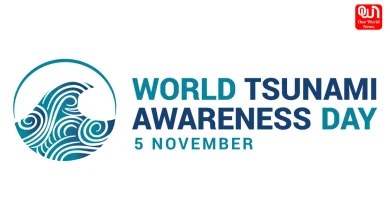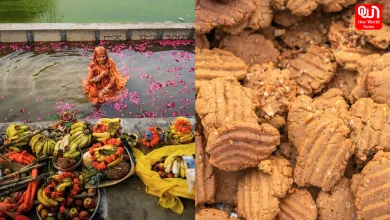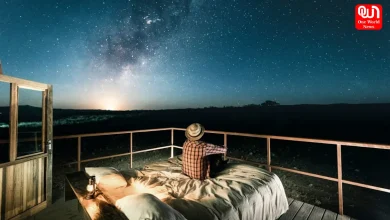Ambedkar Jayanti: India Remembers the Man who believed in leading a Great life

On the occasion of Ambedkar Jayanti, gain insight into the life of Dr B R Ambedkar with these vital facts from his biography
Ambedkar Birth Anniversary: First independent India’s Minister of Law and Justice, Dr Bhimrao Ambedkar, was born on April 14, 1891, in Mhow in the Central Provinces (Now in Madhya Pradesh), India. He is popularly known as Babasaheb and was an Indian jurist, economist, and political & social reformer.
He followed the Buddhist region and carried out campaigns against Dalits discrimination, and supported women’s rights and labour.
Ambedkar earned a law degree and various doctorates from Columbia University and the London School of Economics. He was known for his law, economics, and political science research. His professions were economist, professor, and lawyer in the early years.
Later he adopted a political career and fought for India’s independence. He published journals about the political rights, freedom, and dignity of Dalits. He contributed to the establishment of an Indian state.
Dr Bhim Rao Ambedkar, also known as Babasaheb Ambedkar, was a politician, social reformer, and advocate. He is often referred to as the Father of the Indian Constitution for his contribution to forming the constitution. Babasaheb’s efforts to eradicate social evils like caste discrimination and untouchability are still appreciated in various parts of India. He was awarded Bharat Ratna in 1990, India’s highest civilian honour.
Throughout his life, Babasaheb fought for the rights of socially backward classes, such as Dalits and Women.
Here are some essential things to know about Dr B R Ambedkar (Biography) on his Jayanti
- Janardan Sadashiv Ranapisay first observed Bhim Jayanti in 1928. It was declared a public holiday in more than 25 Indian states and union territories.
- Ambedkar’s Father, Ramji Maloji Sakpal, was a Subedar in the Indian Army. His family moved to Satara in 1894 after his retirement.
- B R Ambedkar’s real name was Ambavadekar.
- B R Ambedkar was behind the Dalit Buddhist Movement. He even converted to Buddhism to support the mass conversion of Dalits.
- Ambedkar rejected the Aryan Invasion theory. According to this, the Shudras were considered the lower caste in the caste system in India.
- He established the central institution Bahishkrit Hitakarini Sabha to promote education for the untouchables.
- His death anniversary (December 6) is observed annually to honour his work and services for India’s welfare and betterment of the people.
- He also led Mahad Satyagraha in 1927 to establish that Dalits are equal to any other Indian. Babasaheb led the Dalits to drink water from Chavdar Lake in Mahad. He wanted to prove that Dalits could drink water from public sources.
- Ambedkar thought about the Reserve Bank of India first. He was the one who presented the consideration of RBI to the Hilton Young Commission. In his book, the Problem of the Rupee – Its Origin and Its Solution’, he talked about the importance of the Indian currency and its problems.
- BR Ambedkar strongly condemned Article 370 of the Indian Constitution, which earlier gave special status to Jammu and Kashmir. He did not draft that part because he believed it was against the unity of the nation.
Ambedkar has written several books, given his views and campaigned for the rights of Dalits. He was rightly honoured with India’s highest civilian award, ‘Bharat Ratna’. His legacy includes various memorials and depictions in popular culture.
Edit- Ridam sharma







